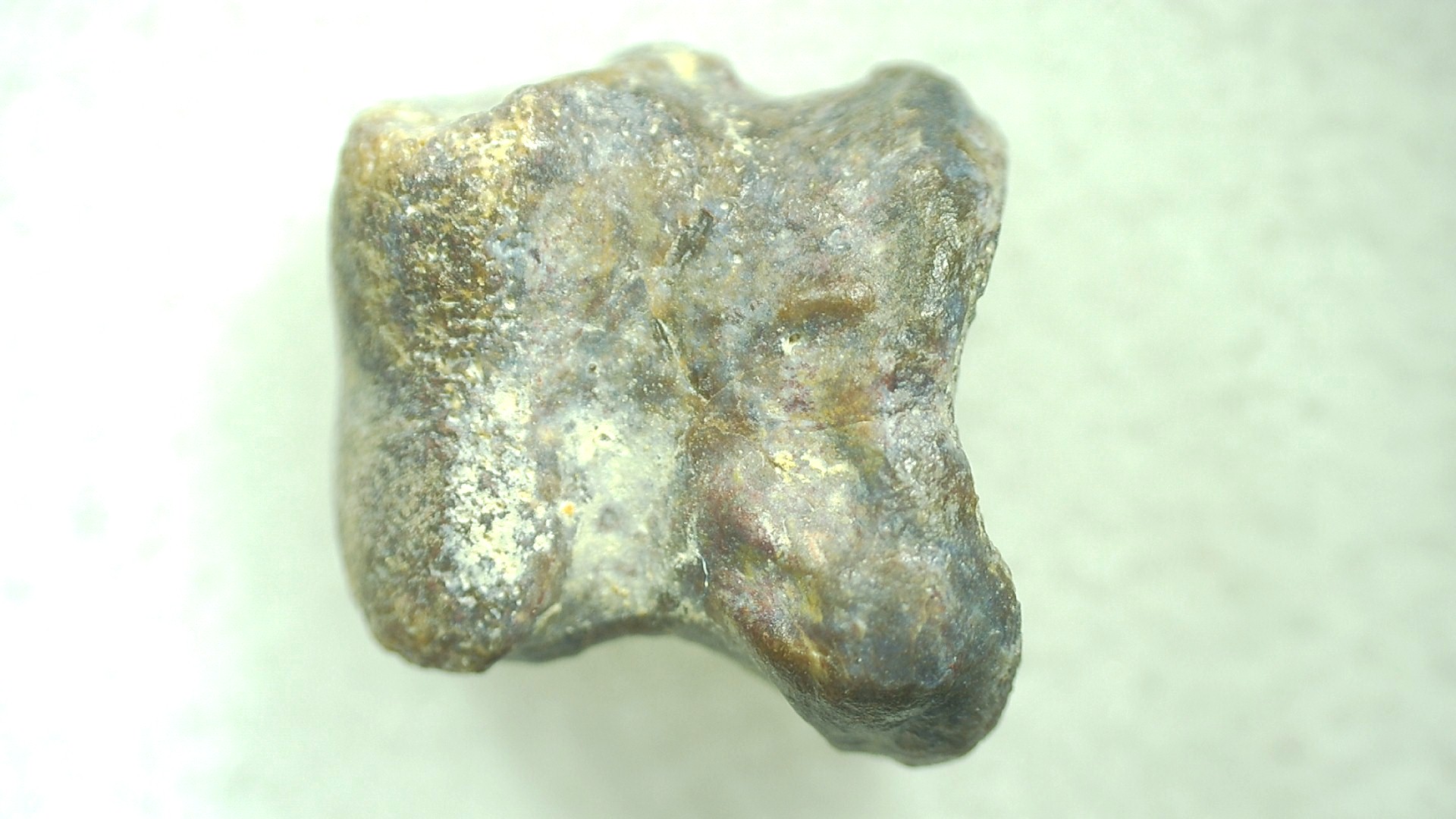Description
Trimerorhachis Amphibian
- Trimerorhacis insignis
- Toe Bone
- Permian Age
- Ryan Formation
- Waurika, Oklahoma
- Specimen measures 8.2mm long and will come in a 1.25″ Gem Jar
- MORE Fossil Amphibians for Sale
They were aquatic amphibians inhabiting rivers and lakes. Therefore, it likely fed on fish as well as other vertebrates. Trimerorhachis remains were first described by Edward Drinker Cope in 1878. But it wasn’t until 1916 that a full skeleton was discovered which allowed us to know much more about it.
Trimerorhachidae is the most basal family of dvinosaurs. Dvinosaurs are one of several new clades of Temnospondyl amphibians. In this case they represent a group of primitive semi-aquatic to completely aquatic amphibians. They first appeared in the Late Carboniferous. Soon they became common in the Permian but later disappeared in the Triassic.








